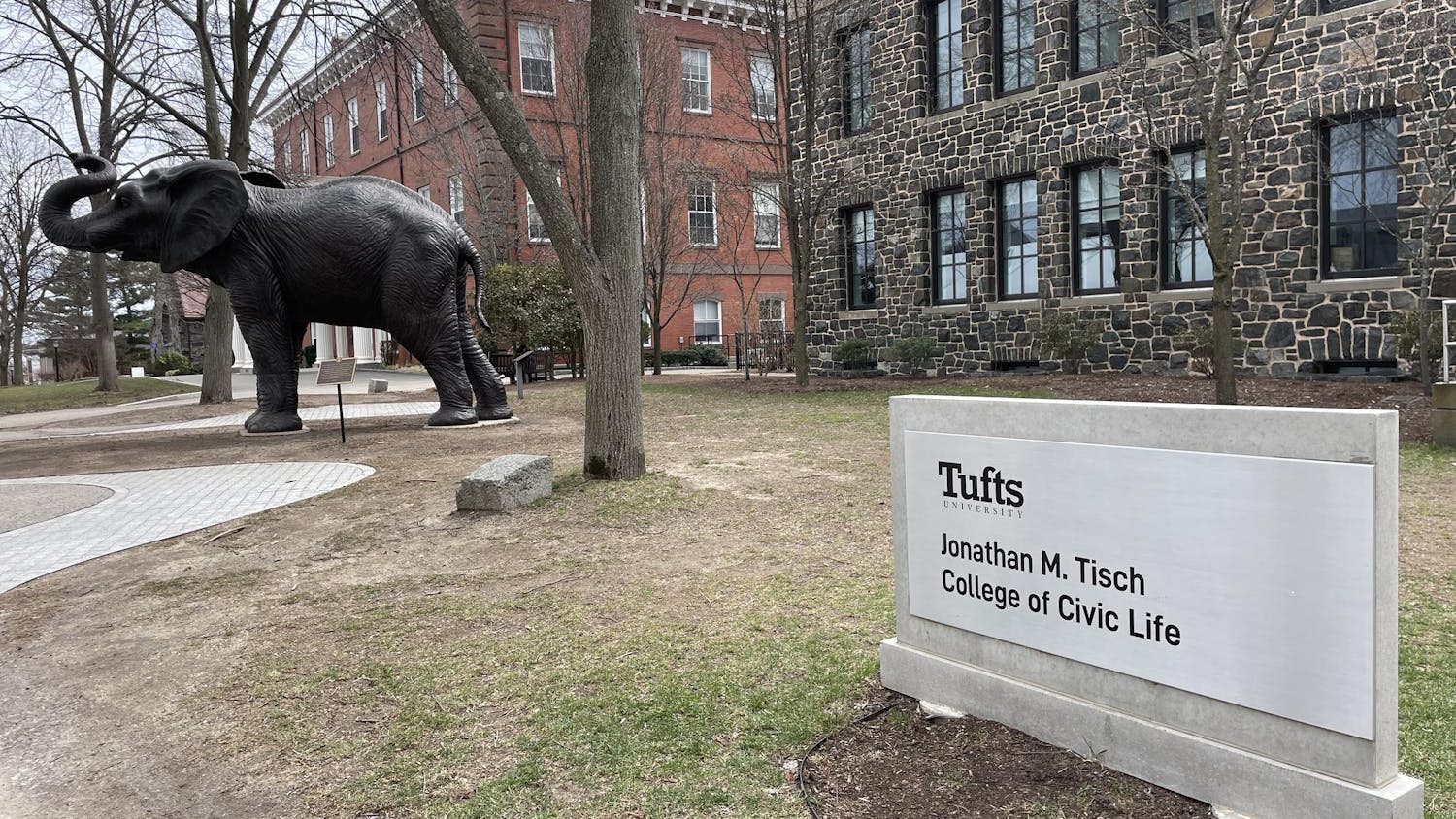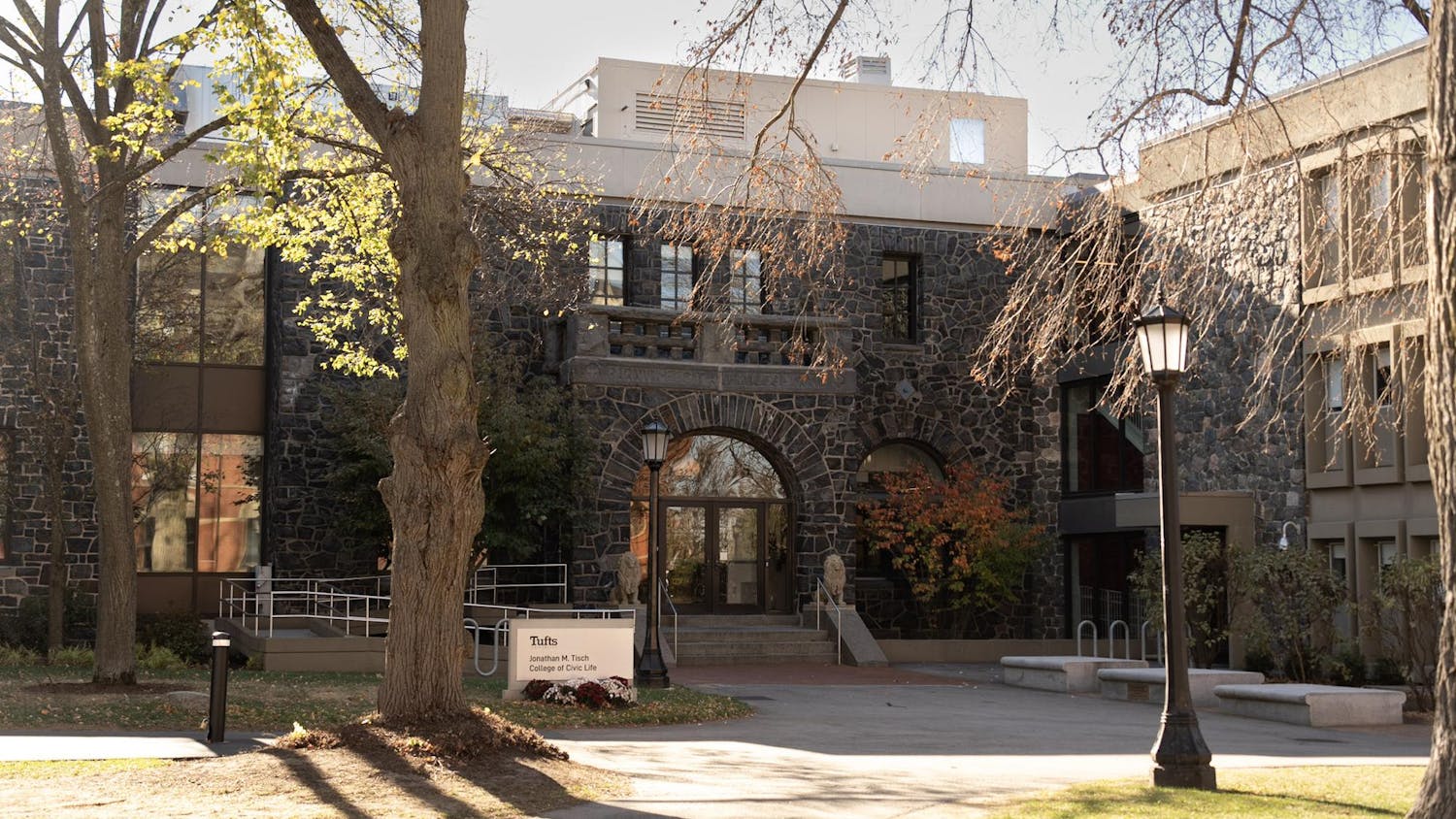The Harvard Crimson, Harvard University's student newspaper, has sparked claims of censorship after refusing to publish an open letter that it deemed "too controversial" challenging the scholarship of Harvard professor Roderick MacFarquhar
The open letter by visiting speaker Raymond Lotta, a communist writer and scholar, was submitted as a paid advertisement titled "I Challenge You to Debate the Truth of Communism, and to Defend Your Distortions about the Cultural Revolution, Before the Harvard Community."
The advertisement was submitted to coincide with Lotta's lecture at the Harvard Yard at 7 p.m. tonight as part of his college campus tour titled, "Everything You've Been Told About Communism is Wrong: Capitalism is a Failure, Revolution Is the Solution."
Lotta, who is also the author of "America in Decline" (1984), has been touring since the fall of 2009. The tour has brought Lotta to Columbia University and the University of Chicago, among other universities, where he submitted similar open letters addressing scholars in their respective academic communities, like Columbia's Professor Jeffrey Sachs.
Peter Zhu, president of the Crimson, said that the advertisement was in violation of the paper's policies, leading to its rejection.
"The Crimson reserves the right to reject any advertisement for any reason," Zhu said in an e-mail to the Daily. "In general, advertisements that contain ad hominem attacks, are factually inaccurate, are unduly offensive or tasteless, or violate libel or other laws will not be run in the Crimson. The Crimson examined the submitted advertisement according to these criteria and decided that it would not run."
The main crux of Lotta's work challenges, in his words, the "official story" of communism to open a more scholarly debate about the actual history of the Soviet Union, China and, more specifically, the Chinese Cultural Revolution, which began in 1966.
MacFarquhar is the Leroy B. Williams Professor of History and Political Science at Harvard and the former director of the John King Fairbank Center for East Asian Research.
His most recently published book, "Mao's Last Revolution" (2006), focused on the Cultural Revolution and has been met with praise, becoming a finalist for the 2007 Independent Publisher Book Awards in the history category.
In his letter, Lotta challenges MacFarquhar to an open debate to discuss each other's opposing views, noting that he would be willing to dispense with his planned formal lecture completely and use the entire time to debate MacFarquhar.
When asked why, Lotta did not sugarcoat any of his biting criticisms of MacFarquhar's work.
"His book is promoted as the authoritative study on the Cultural Revolution by scholars," Lotta told the Daily. "His account is filled with lies. My open letter was submitted to the community and The Harvard Crimson to publicize the event and bring the challenge to MacFarquhar."
MacFarquhar has refused to publicly respond to Lotta's challenge and maintains that he has no intention of doing so in the future.
He noted that he was unaware that the open letter was rejected by the Crimson and only knew about it because the letter was given to him personally.
"That was an editorial decision that was up to them," MacFarquhar told the Daily. "I'm flattered that, in a sense, it was for any reason to do with me, but it's their decision."
Lotta said that while controversy has followed every stop of his tour, this is the first instance of outright suppression in the academic community.
"I know what I'm doing is controversial; I know what I'm doing is challenging the official story," Lotta said. "It wasn't clear to me that the Crimson would react this way. It's the height of hypocrisy."
Lotta submitted a second letter to the Crimson authored by Dennis Loo, associate professor of sociology at California State Polytechnic University at Pomona. Loo was also a former photo editor for the Crimson.
In the letter, Loo wrote to Zhu, "I find your decision to reject Raymond's letter as too controversial to be itself controversial."
Loo, who went on to outline his own extensive research into the field in question, condemned Zhu for choosing to "suppress debate and inquiry." The Crimson also rejected the second letter on similar grounds.
Loo, who admitted he is in basic agreement with Lotta's arguments about the Cultural Revolution, maintained that he entered into the debate with the Crimson in the interest of encouraging academic discussion.
"The debates about these questions is a healthy thing, as opposed to suppressing alternative viewpoints," Loo told the Daily. "Because of the very strong anti-communist atmosphere in the [United States], it is easy to get away with making statements that have no basis in fact."
Loo speculates that MacFarquhar refuses to respond to Lotta's challenge because he has nothing to gain from such a debate.
"I think the main reason why is that he thinks he doesn't have to," Loo said. "He is a Harvard professor, he is considered the major expert on China by many observers, his latest book on the Cultural Revolution received lavish praise, and so he figures, ‘Why do I have to? I'm already sitting at the pinnacle of my profession.'"





